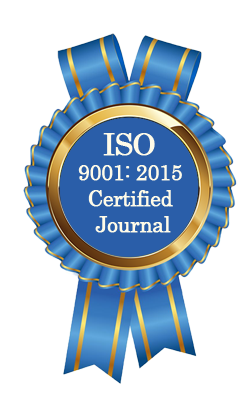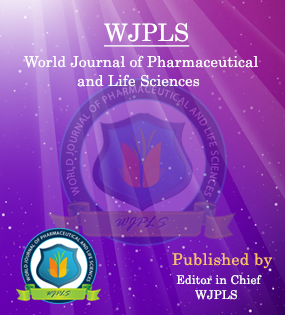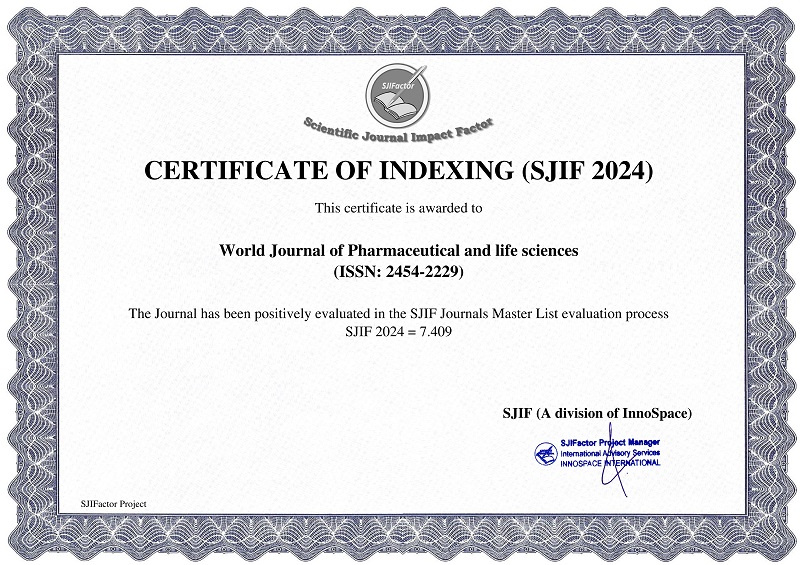Abstract
THE DEVELOPMENT OF ARTIFICIAL BLOOD. A REVOLUTIONARY BREAKTHROUGH IN MEDICINE
Maria San Miguel, Daniel Garcia Moreno, Angel San Miguel* and Julia San Miguel
ABSTRACT
Artificial blood is a field of research that seeks to develop synthetic substitutes for human blood. These substitutes are intended to provide an alternative to real blood in emergency situations, supply shortages, or when real blood is not compatible with the recipient. Advances in bioengineering, biotechnology and nanotechnology have led to significant progress in the development of artificial blood. Research has been conducted to improve the functionality and safety of blood substitutes, such as modifications to hemoglobin to improve its oxygen-carrying capacity, the use of nanomaterials to encapsulate hemoglobin substances and improve their stability, and cell production. synthetic blood in the laboratory. However, the development of artificial blood also raises challenges and ethical considerations. Extensive testing is needed to assess the safety and efficacy of blood substitutes, address concerns related to immunological compatibility and adverse reactions, establish scalable and affordable manufacturing processes, and ensure equitable and ethical access to artificial blood. Despite these challenges, artificial blood is expected to become a clinical reality in the future, providing a valuable and reliable option in the medical field and improving medical care in critical situations.
[Full Text Article] [Download Certificate]WJPLS CITATION 
| All | Since 2020 | |
| Citation | 590 | 424 |
| h-index | 12 | 10 |
| i10-index | 17 | 14 |
INDEXING
NEWS & UPDATION
BEST ARTICLE AWARDS
World Journal of Pharmaceutical and life sciences is giving Best Article Award in every Issue for Best Article and Issue Certificate of Appreciation to the Authors to promote research activity of scholar.
Best Article of current issue
Download Article : Click here





